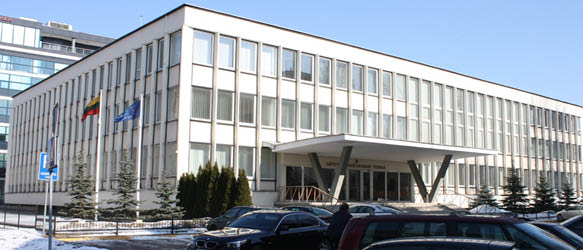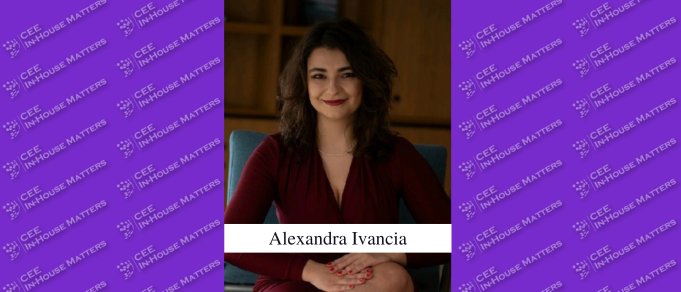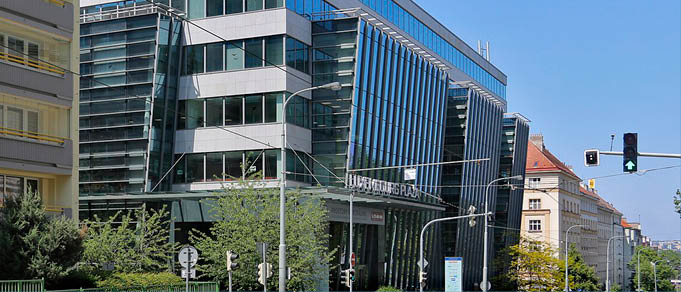Nove advocates Veikko Puolakainen and Veiko Vaske have successfully represented the Political Parties' Supervision Commission in Lithuania's Supreme Court.
According to Nove, the dispute involved the the obligation of the editor-in-chief of the city of Tallinn's municipal newspaper Stolitsa to repay money he received as a prohibited donation to the City of Tallinn. According to the PPSC, "the publication in the city newspaper of an article reflecting the activities of a candidate for office ... was a political advertisement published in favor of the applicant before the elections, not a neutral article reflecting the city government's activities. The city newsletter cannot be considered a free independent press. As the local government paid for the advertising from the city budget, it is considered a prohibited donation within the meaning of the Political Parties Act."
According to Nove, the subsequent appeal was dismissed in both the administrative and circuit courts. "The Supreme Court dismissed the cassation appeal filed against the decision of the circuit court, changing the reasons for the decision. The Supreme Court reiterated the previous position that a donation is an activity where a legal person (including local government) pays for a party member for advertisements made to a third party depicting the party member with the aim of influencing voters. The Supreme Court explained that this principle also applies if a person is not a member of a political party, but only a candidate on the party list. According to the Supreme Court, the courts had correctly established that the city newsletter Stolitsa was a politically unbalanced publication. The appearance of an article in the list of a party exercising sole power in the city in a politically unbalanced newsletter indicates that it is a political advertisement. Instead of politically competing positions, the article emphasized the applicant's candidacy, which was not politically neutral. The context in which the article appeared, the content of the article, the subsequent elections, and the emphasis on the applicant's candidacy also confirm that the real purpose of the article was to influence voters. Thus, the information published in the newspaper was a political advertisement in favor of the applicant .... It was therefore justified to consider the article as a prohibited donation within the meaning of the Political Parties Act."

























